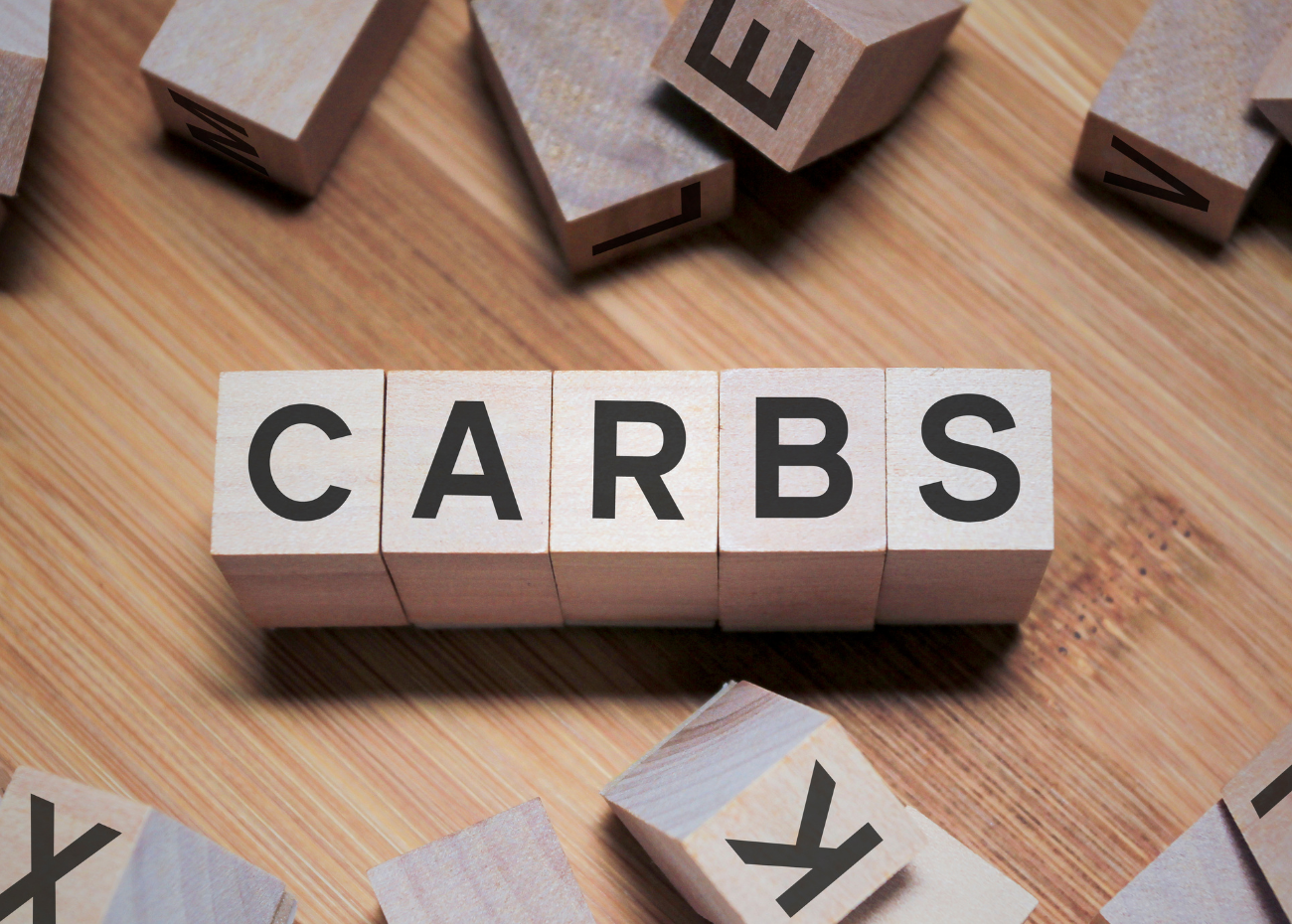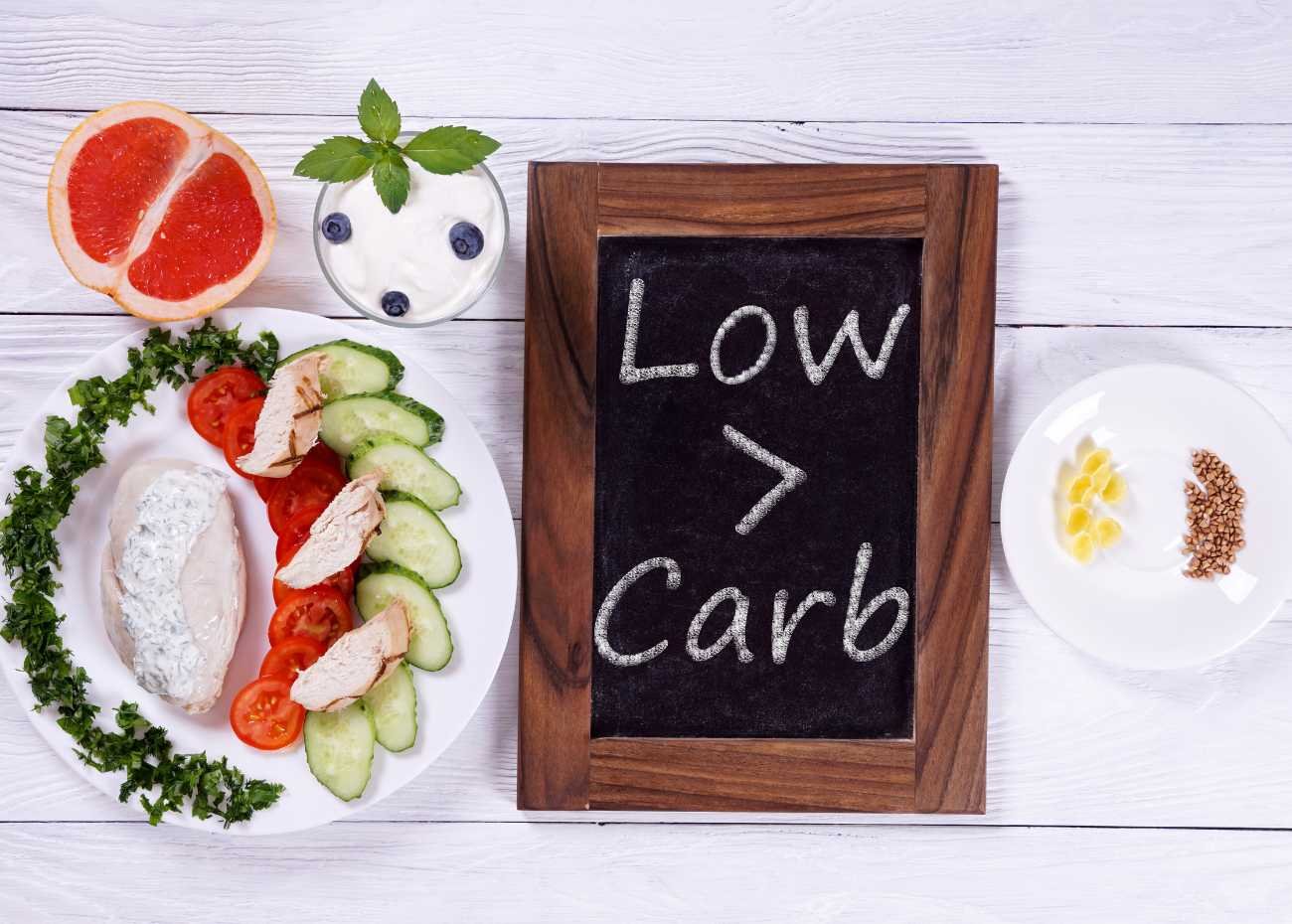A low-carb diet can be particularly successful in losing excess fat, and research suggests that it may also help minimize the risk of insulin resistance and diabetes. 1 It decreases calorie consumption by eliminating foods that humans are prone to overeat (such as bread). Because carbs boost blood sugar, it also helps to normalize blood glucose levels.
When you start a specific diet that prohibits particular foods, you may run into some difficulties. From expecting too quickly for benefits to overindulging in other macronutrients to forgetting to prepare, these blunders can derail even the best-laid plans for a low-carb diet. They don’t have to.
While it may appear simple—just limit carbs—low-carb diets have complexities and intricacies that are critical for success. To maintain a healthy diet when going low-carb, you must consume an adequate amount of all macronutrients (proteins, fats, and carbs). Remember, low-carb does not equal no-carb.
If you consume too few carbs, you may experience a carb crash, which may convince you that low-carb eating isn’t for you. Simple changes, on the other hand, can help you get started on the right foot and get the benefits of the low-carb diet.














